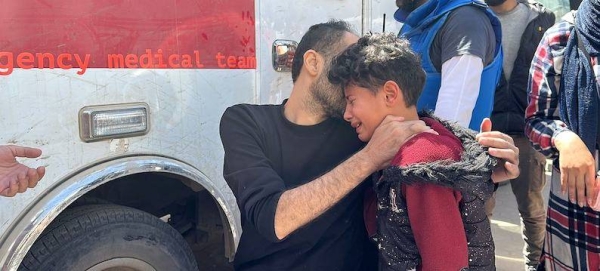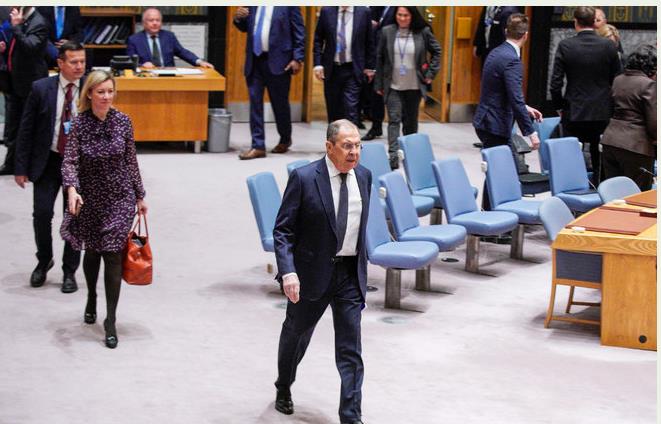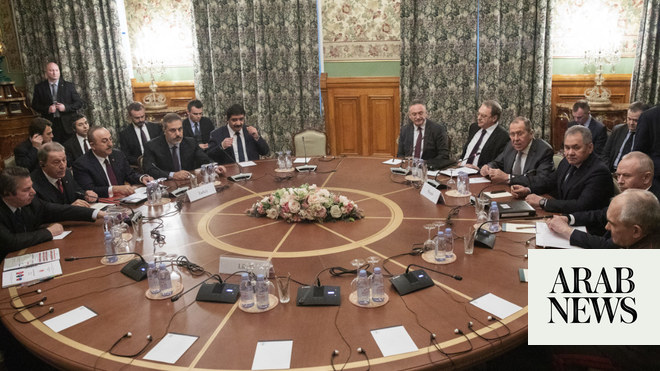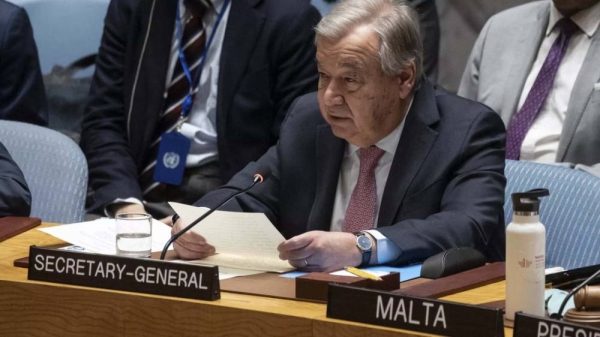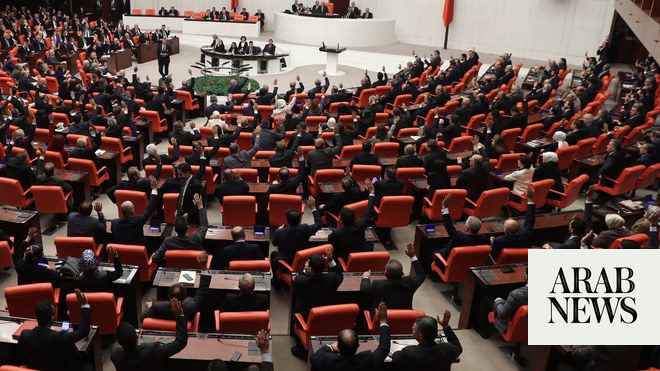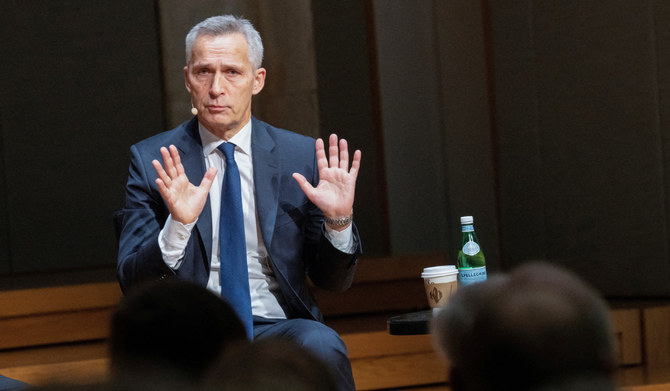
NATO is set to appoint a new secretary-general this year. Turkiye, a member of the alliance, announced on Monday its support for Dutch Prime Minister Mark Rutte’s candidacy, marking a significant step toward securing him the top position after Jens Stoltenberg’s term expires on Oct. 1. Rutte gained Turkiye’s support following a visit to the country a few days earlier, when he met with President Recep Tayyip Erdogan. The Turkish president is a notoriously tough leader within the alliance.
A tough task certainly awaits the next NATO chief, who will be confronting two major challenges stemming from wars in Turkiye’s immediate neighborhood, namely the Russia-Ukraine conflict and Israel’s war on Gaza. Ankara’s stance on both of these wars has not been aligned with those of its fellow NATO allies.
Turkiye’s relationship with NATO is complex. On several occasions, it has clashed with its allies, yet it remains embraced because it is a country regarded as too significant to lose. Turkiye has been a crucial member since joining in 1952, with it today having the second-largest military in the alliance after the US. Its Incirlik airbase serves as a vital launching point for Western operations in the Middle East, including for flights over Syria and Iraq during counterterrorism campaigns.
Beyond its military significance, Turkiye’s strategic significance to NATO extends to regional security, given its proximity to Russia, Syria, Iraq and Iran, as well as its role in energy transit. For instance, while Ankara’s relatively close relations with Russia have disturbed some of its NATO allies, it has helped broker agreements such as the Black Sea grain deal and prisoner exchanges between Ukraine and Russia. There is no other NATO member that could assume such a role.
Ankara’s stance on both of the wars in its neighborhood has not been aligned with those of its fellow NATO allies
Sinem Cengiz
Although NATO still holds significance in Turkiye’s foreign and security policymaking, it is also true that this is not to the extent it was during the Cold War era. While Ankara historically aligned its foreign and security policies with NATO, it has adopted a more critical position toward the alliance in the past decade or more, particularly due to its members’ stance on certain crises.
For instance, there is divergence within the NATO allies when it comes to the Israeli war against the Palestinian people. This has been highlighted by Turkish Foreign Minister Hakan Fidan, who criticized the Western states’ contradictory positions on the conflicts in Gaza and Ukraine. So, NATO serves as a platform for Ankara to exert pressure on Western states on several international issues.
While the Palestinian-Israeli conflict is the top security issue on the international agenda, the Red Sea security crisis has significantly alarmed NATO members due to their interests in the Middle East. Israel’s aggression on Gaza has expanded and become internationalized to the extent that it has reached the Red Sea. Alliance members have had varied responses to the Houthi attacks, with some advocating a militaristic approach and others being more cautious, warning against escalating tensions further. Turkiye has adopted an antimilitaristic approach and refrained from joining the new US-led maritime coalition in the Red Sea. Erdogan went as far as accusing the states that retaliated against Houthi targets in Yemen of “trying to turn the Red Sea into a sea of blood.”
Turkiye wants to play an active role in NATO’s outreach efforts in the Middle East, Eastern Mediterranean and Gulf region. From the very beginning, it has actively supported initiatives such as the alliance’s Mediterranean Dialogue and Istanbul Cooperation Initiative. These aim to improve NATO’s relationship with states in the Middle East, address pertinent threats to the region and enhance regional security through military cooperation. While the Istanbul Cooperation Initiative, launched in the early 2000s, aims for a closer relationship with the Gulf states, the Mediterranean Dialogue, which dates back to the 1990s, seeks to promote a common sense of security in the region.
Although Turkiye has lent its support to NATO’s efforts to develop lasting security cooperation with regional states, doubts persist regarding the alliance’s true ambitions for the Middle East. This is due to its members’ stances on the latest regional crises.
Turkiye’s NATO allies are trying to ignore the elephant in the room by remaining distanced from the Israeli-Palestinian war
Sinem Cengiz
NATO allies could be more active in ending the Israeli aggression against the Palestinian people. However, what has been seen so far is that they basically prefer to turn a blind eye to the ongoing bloodshed in Gaza. While Turkiye’s NATO allies express a desire for increased engagement with regional states, they have largely remained distant from the conflicts that pose a threat to these states.
They are trying to ignore the elephant in the room by remaining distanced from the Israeli-Palestinian war. This raises questions about NATO’s effectiveness in forming stronger relations with regional states, while ignoring the available mechanisms to put pressure on Israel. Moreover, Arab states and Turkiye are concerned about the potential inclusion of Israel in NATO, despite assurances from alliance officials that partnership with any country through the Mediterranean Dialogue or Istanbul Cooperation Initiative does not pave the way to membership.
Despite differences among its members and the obstacles to its role in the Middle East, NATO’s enduring security interests in the region underscore Turkiye’s importance as a pivotal partner. The next secretary-general will have to address two conflicts, namely Russia-Ukraine and Israel-Palestine. In navigating these challenges, Turkiye and NATO should seek to improve their relations. Achieving this requires managing their differences and identifying common interests and approaches toward the issues in the Middle East.
• Sinem Cengiz is a Turkish political analyst who specializes in Turkiye’s relations with the Middle East. X: @SinemCngz




